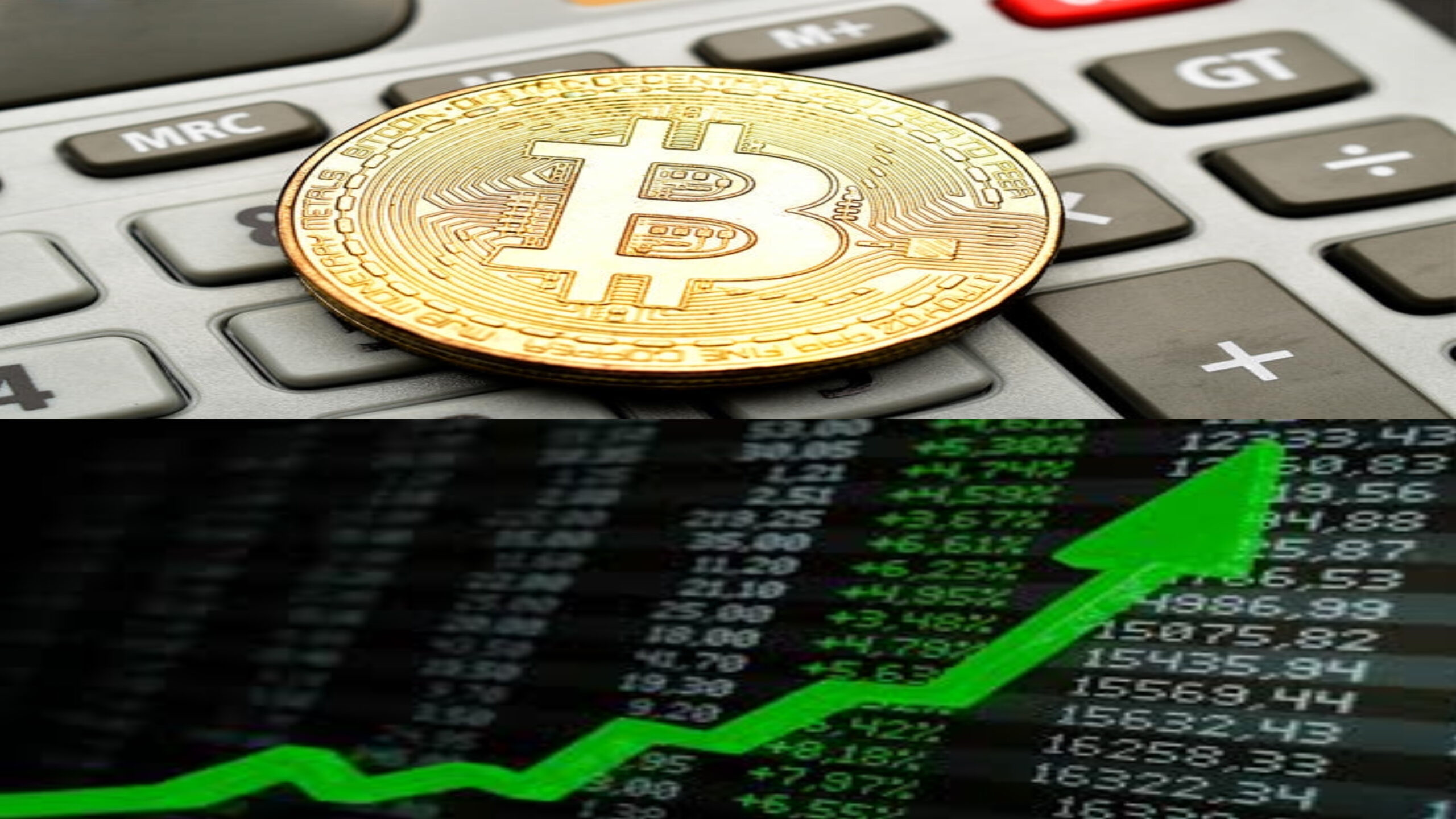The recent approval of the first US-listed exchange-traded funds (ETFs) tracking Bitcoin by the US Securities and Exchange Commission (SEC) marks a significant milestone for the cryptocurrency and the broader crypto industry. This decision allows both retail and institutional investors to include Bitcoin exposure in their portfolios, addressing concerns related to custody complexities.
Notably, the SEC granted approval to 11 applications from major players in the financial industry, including BlackRock, Ark Investments/21Shares, Fidelity, Invesco, and VanEck. Despite approving these ETFs, the SEC emphasized its deep skepticism about cryptocurrencies and clarified that the decision does not signify an endorsement of Bitcoin.
The approval has sparked positive momentum in the cryptocurrency market, with Bitcoin briefly surpassing $47,000. The anticipation of ETF approval and expectations of looser monetary policies have contributed to Bitcoin’s remarkable 160% surge in the previous 12 months.
The implications of this development extend beyond the borders of the United States. Indian investors, too, stand to benefit from the SEC’s decision, as they can now leverage the Liberalized Remittance Scheme (LRS) to add Bitcoin exposure to their portfolios. Facilitated by the Reserve Bank of India (RBI), the LRS scheme allows residents to remit up to USD 250,000 per financial year for such transactions.
For Indian investors, the SEC’s approval offers a pathway to diversify their portfolios with regulated Bitcoin exposure through established entities like BlackRock and Fidelity. One key advantage is the simplified approach to custody, as investors are not required to navigate the intricate details of storing cryptocurrency.
An essential point to consider is the exclusion of the 1% Tax Deducted at Source (TDS) typically applied to domestic crypto transactions within India when purchasing Bitcoin through an ETF. This exemption results from the indirect nature of the investment, where investors are acquiring exposure to Bitcoin rather than the cryptocurrency itself.
However, the question of the 20% Tax Collection at Source (TCS) arises, which may be applicable if LRS deposits exceed Rs 7 lakh. While TCS can be offset against other tax liabilities, it presents a potential challenge by temporarily tying up liquidity for investors.
Despite the regulatory landscape evolving in the US over recent years, Indian cryptocurrency companies view the SEC’s decision as a positive development for the global crypto industry. There is optimism about initiating similar discussions with regulators in India to foster a conducive environment for cryptocurrency investments.
The Indian crypto community sees the SEC’s cautious approval as a step towards establishing clearer regulatory frameworks. While the SEC remains skeptical about cryptocurrencies, the acknowledgment of their existence within regulated financial products opens doors for discussions on how to strike a balance between innovation and investor protection.
Indian investors exploring Bitcoin through the ETF route also benefit from the expertise and reputation of established financial institutions entering the cryptocurrency space. BlackRock, Ark Investments/21Shares, Fidelity, Invesco, and VanEck bring a level of credibility and oversight that can instill confidence among investors who might have been hesitant about the speculative nature of cryptocurrencies.
It’s important to note that the SEC’s approval doesn’t eliminate all risks associated with Bitcoin investments. The agency’s chairman, Gary Gensler, has emphasized the need for investors to remain cautious about the myriad risks tied to crypto. This stance underscores the importance of understanding the volatile nature of cryptocurrencies and conducting thorough research before making investment decisions.
In conclusion, the SEC’s approval of Bitcoin ETFs marks a pivotal moment for the cryptocurrency market, offering both US and Indian investors new avenues to engage with Bitcoin through regulated financial products. As the regulatory landscape continues to evolve globally, the hope is that similar positive discussions will unfold in India, providing investors with more opportunities to diversify their portfolios in a rapidly evolving financial landscape.

